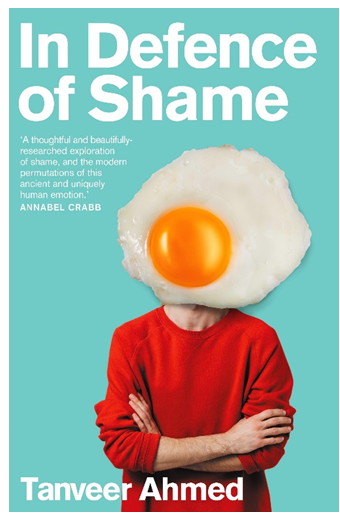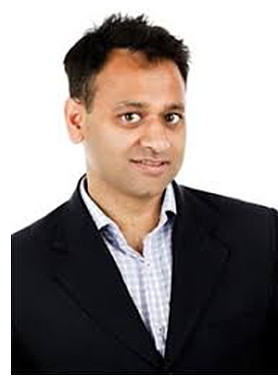Why We Need Negative Emotions Dr Tanveer Ahmed  Published by Connor Court | August 2020 Published by Connor Court | August 2020We are ashamed of shame. Shame is an unspoken epidemic in Western societies. The stigmatisation of shame is a wider marker of our inability to tolerate negative emotions. It is a proxy for our relationship to groups, morality and the primitive parts of ourselves. Dr Tanveer Ahmed has written In Defence of Shame: Why We Need Negative Emotions to outline the place of shame in modern societies, especially as it is making a comeback in unusual forms, varying from cancel culture to social anxiety and post-traumatic stress. The comeback suggests there is a yearning for group identity at a time when the old tent poles of religion, nationalism or local community are limited. Even the most common mental health problem of anxiety has its roots in a degree of shame. Today, in a media rich meritocracy, shame is less about a failure to do one’s duty than it is about feeling unlovable. Our inability to talk openly about shame, the misunderstanding of and failing to name it adequately is a factor in why so many of us struggle to form stronger connections and community. Whilst there has been something of a swell of positivity in recent decades which, despite its benefits, can stigmatise negative emotions not just of shame, but also of anger, aggression or disgust. The origins of self-harm and its increase has a relationship with the stigmatisation of negative emotions, especially among the young. We live in a tyranny of the positive where happiness can almost feel like a duty. Ahmed highlights that many of us exist in imagined groups and judge our lives and thoughts in relation to them, especially in the age of social media. Instead of offering more opportunities to form social connections, we are crippled with fear of negative scrutiny. Its role is conflicted, especially given multicultural societies do not necessarily have a shared set of values to clearly enforce. Many ethnic groups for example will not respond to a focus on self-esteem and individualism. In Chinese shame is sometimes described as “a delight in doing ones’ duty.” But unlike guilt, shame can be scaled. It may be especially useful in fields like business where actions are often legal but wrong. Pandemic shaming is likely to be limited to this period whereby coronavirus is the dominant force shaping our lives. But it’s limited re-emergence is a pointer that shame has never really left, but just lurked with alternative names or iterations. Tanveer says ‘So much of how people express their values and their politics is now channeled through the language of psychology. This book aims to help illuminate that further.’  ABOUT DR TANVEEER AHMED ABOUT DR TANVEEER AHMEDTanveer Ahmed is a psychiatrist and author. He is currently a columnist for the Australian Financial Review writing about social issues. Born in Bangladesh to a secular Muslim family, he grew up in a traditional environment, where group ties and a communal sense of honour were seen as especially important. He works across multiple sectors, varying from private practice, the underclass of the community public sector and the overlaps of the mentally ill within the justice system. He has served on multiple Boards, local government and appears in various media. He lives in Sydney with his wife and two daughters. FOR FURTHER INFORMATION, PLEASE CONTACT DEBBIE MCINNES AT DMCPRMEDIA: T: 02 9550 9207 | E: debbie@dmcpr.com.au |
 Bangladesh Australia Disaster Relief Committee AGM 2025
Bangladesh Australia Disaster Relief Committee AGM 2025

